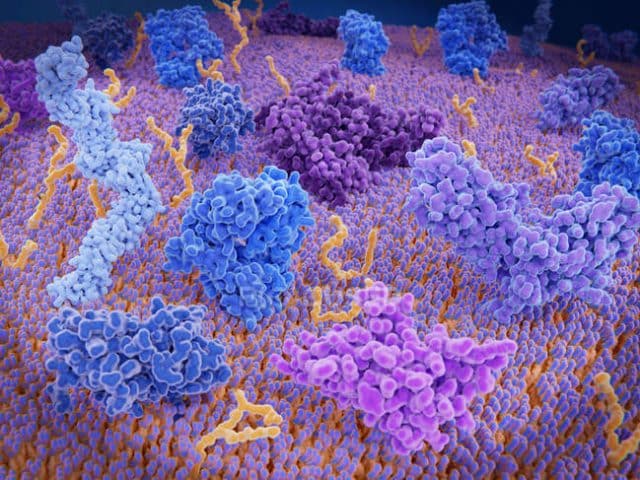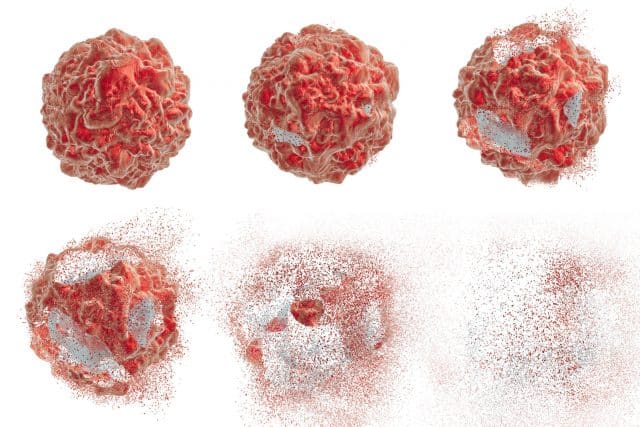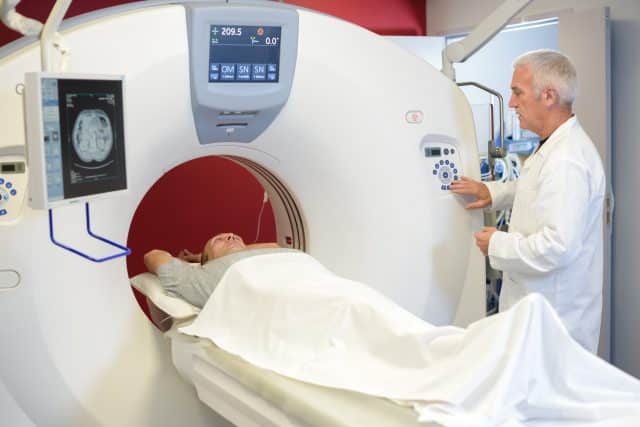Insulin Potentiation Therapy: How Targeted Chemotherapy Creates Better Results
Over the past few years, research has shown that many cancers respond remarkably well to integrative therapies, or a combination of conventional and alternative treatments. More than 75% of American cancer patients are now seeking out these kinds of therapies, both to improve their outcomes and to try and reduce the amount of side effects that come...
How Researchers Will Improve Immunotherapy Outcomes
A recent study published in Nature Medicine reported that researchers are working hard to find new ways to predict immunotherapy outcomes in cancer patients. Checkpoint inhibitor drugs have been effective at removing malignancies in about 20 to 40 percent of patients with cancers like melanoma, but there are still many patients whose cancer it does not eliminate. Researchers suggest that...
Begin Biohacking and Take Control of Your Health
Everything is "do it yourself," these days. Creating optimal health is no exception. If you want to be healthy, it's largely up to you to figure out the best ways to get your body where it needs to be. This process now has a fancy word – biohacking. Biohacking involves making lifestyle changes to “hack” your genetics and get yourself...
New Cancer Vaccine Stimulates Immune System to Attack Cancer
A recent study published in Nature Medicine showed that a new method of immunotherapy has been effective at destroying lymphoma. The protocol involves injecting a cancer vaccine inside a patient's tumor in order to trigger the immune system to attack the disease. 73% of patients in the clinical trial saw either a portion or the entire tumor destroyed. The study was led...
Immunotherapy May Become Standard Treatment for Head and Neck Cancers
The standard treatment for recurrent or metastatic head and neck caners has always been chemotherapy. But that's now changing, after several phase 3 studies showed that immunotherapy is more effective. The current treatment plan for patients with recurrent or metastatic head and neck cancers usually includes platinum-based chemotherapy with an EGFR inhibitor called...
Why Pancreatic Cancer is Rarely the Focus of Immunotherapy Research
The field of immunotherapy is booming. There are more than 2,600 clinical trials currently testing the most effective kind of immunotherapy, but only about 89, or 3%, of those studies are focused on pancreatic cancer. Why is pancreatic cancer so difficult to treat, and why don't many immunotherapy researchers study it? Because pancreatic cancer is one of the deadliest cancers,...
CAR-T Immunotherapy Shows Promise Fighting Solid Tumors
CAR-T therapy has been successful at treating lethal blood cancers, and new studies show that it may even fight against certain kinds of solid tumors. The treatment is a type of immunotherapy that utilizes a patient's own cells to help the immune system see and fight cancer. Researchers hope that CAR-T therapy may in the future help to treat...
How Does Cancer Evade the Immune System?
With the rise of research in immunotherapy and its increasing success in treating cancers, we know now more than ever that the immune system and cancer are connected. In fact, scientists have discovered in the last few decades just how important the immune system is in our body, as it does more than just protect us from infections and...
Cryoablation Could Replace Surgery for Low-Risk Breast Cancer Patients
Early findings of a new clinical trial suggest that cryoablation could be an alternative to surgery in patients with low-risk breast cancer. The study was led by Dr. Kenneth R. Tomkovich, radiologist at Princeton University. Three-year data showed that the cryoablation success rate was more than 98%. What is cryoablation? Cryoablation involves placing a probe into a cancerous tumor in a...
How PET Scans May Soon Predict Immunotherapy Success
According to a study that appeared in The Journal of Nuclear Medicine, scientists at Bristol-Meyers Squibb (BMS) are developing a new way for physicians to determine how cancer patients might respond to PD-1 (programmed cell death protein 1) and PD-L1 (programmed death-ligand 1) targeted treatments. Previously, the only way to predict that outcome was through an invasive biopsy procedure that...
































